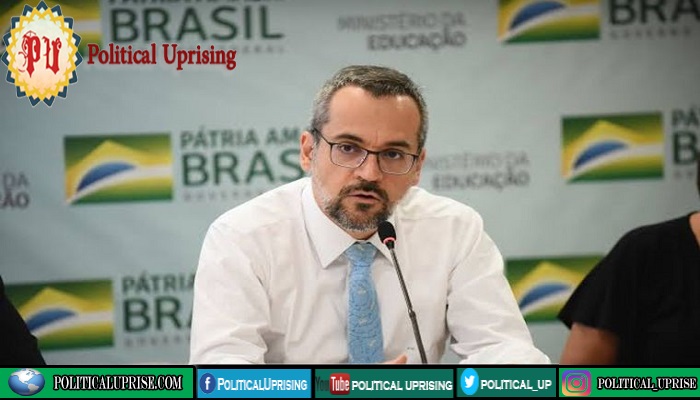Iran launched human trials of its vaccine, health officials optimistic about tackling the pandemic in the Middle East’s hardest-hit country.
The start of the trials comes as Iran managed to bring its COVID-19 fatalities down to a three-month low.
The start of the trials comes as Iran has managed to bring its COVID-19 fatalities down to a three-month low and as the country continues to face difficulties in importing sufficient quantities of vaccines due to US sanctions.
On Tuesday, the daughter of a high-level state official became the first to receive a shot of COVIran Barekat.
Tayyebeh Mokhber received the injection at a ceremony attended by Minister of Health Saeed Namaki and Vice President for Science and Technology Sorena Sattari, among others.
“I’m happy, not just because I’m the first person, but because this scientific process progressed so well in my country,” said Mokhber, who is the daughter of Mohammad Mokhber, head of the Headquarters for Execution of Imam Khomeini’s Order (Setad), a state-run entity looking after local coronavirus vaccine efforts.
Two other recipients of the vaccine on Tuesday were also senior Setad-affiliated executives.
“The message of this action was that we don’t think we’re different than other people and we have brought our own family to test this vaccine,” Namaki said.
Authorities said more than 65,000 Iranians volunteered to test the vaccine and 56 were chosen to participate in the first phase of human trials that are expected to take 45 to 60 days.
COVIran Barekat, manufactured by Shifa Pharmed, is one of eight vaccine candidates, said the health ministry, adding that the other seven are expected to clear animal trials by late February.
Iran has reported more than 1.2 million coronavirus cases, including nearly 55,000 deaths.
On Friday, the Central Bank of Iran’s governor announced that the country had reached an agreement to pay for 16.8 million doses of vaccines from COVAX, a global initiative under the World Health Organization (WHO) that aims to ensure equitable access to vaccines for all countries.
President Hassan Rouhani has said US sanctions, imposed after US President Donald Trump unilaterally withdrew from Iran’s 2015 nuclear deal with world powers in 2018, have created barriers in money transfer to pay for vaccines.
Head of the Iranian Red Crescent Society Karim Hemmati announced on Monday that philanthropists, who have not been named, are also sending 150,000 doses of the Pfizer-BioNTech vaccine to Iran.



